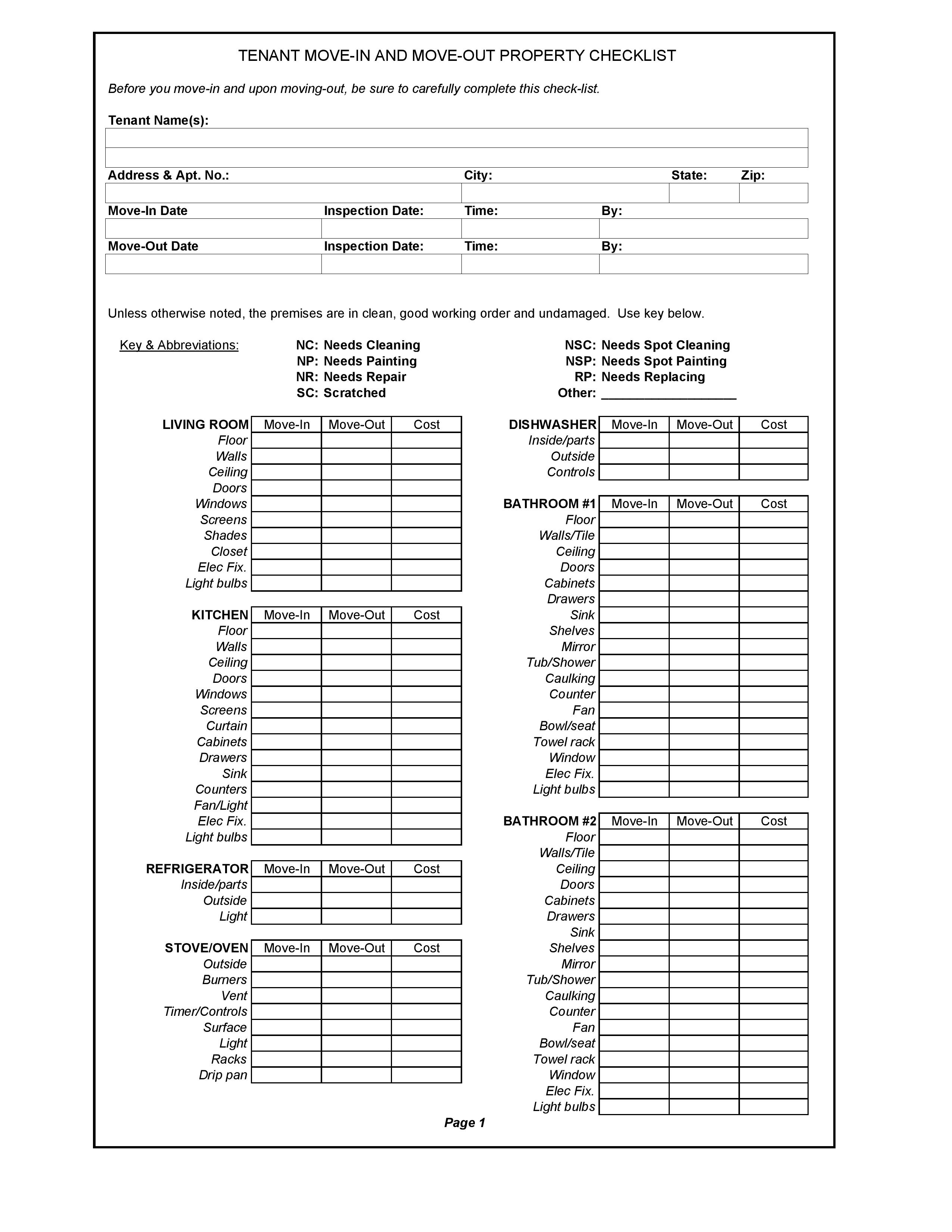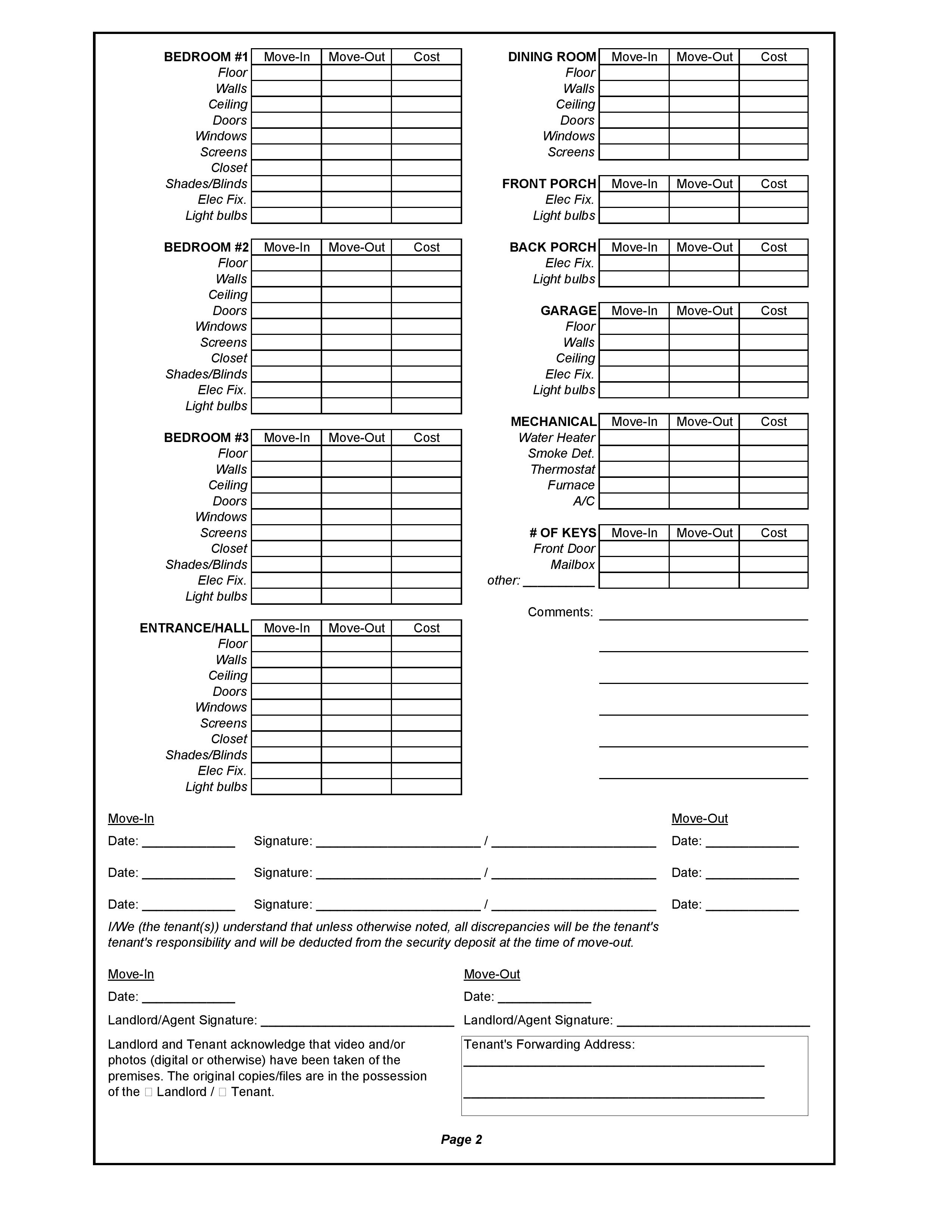TENANT SCREENING
Reduce risk of property damage: Screening tenants can help prevent damage to your property. By checking references, credit history, and criminal background, you can minimize the risk of having tenants who engage in behavior that could damage your property. Ensure timely rent payments: Screening tenants also helps ensure that rent will be paid on time. By checking credit history, you can determine if the tenant has a history of paying bills on time and if they have the financial means to pay their rent each month. Avoid problematic tenants: Problematic tenants can cause stress and can be a major headache for landlords. Screening tenants helps identify individuals who have a history of disruptive behavior, such as engaging in criminal activity, violating lease terms, or not paying rent. Protect the safety of other tenants: By screening tenants, you can ensure that you are not placing other tenants at risk. For example, if you are aware of a potential tenant's criminal history, you can take steps to mitigate the risk to other tenants in the building. Maintain the reputation of your property: Screening tenants can help maintain the reputation of your property. By ensuring that tenants are responsible, trustworthy and will fulfill their obligations, you can maintain the reputation of your property and attract quality tenants in the future.
newsletter
Our newsletter is the perfect way to stay informed and up-to-date on all the latest news, events, and special offers related to our sites. By subscribing to our newsletter, you will receive regular updates and exclusive content, such as insider tips, new site features, and upcoming events.
Our newsletter is designed to provide you with a personalized experience, tailored to your interests and preferences. You can expect to receive engaging and informative content that will help you make the most of your visit to our sites.
So what are you waiting for? Sign up for our newsletter today and stay connected with all the latest happenings at our sites!






